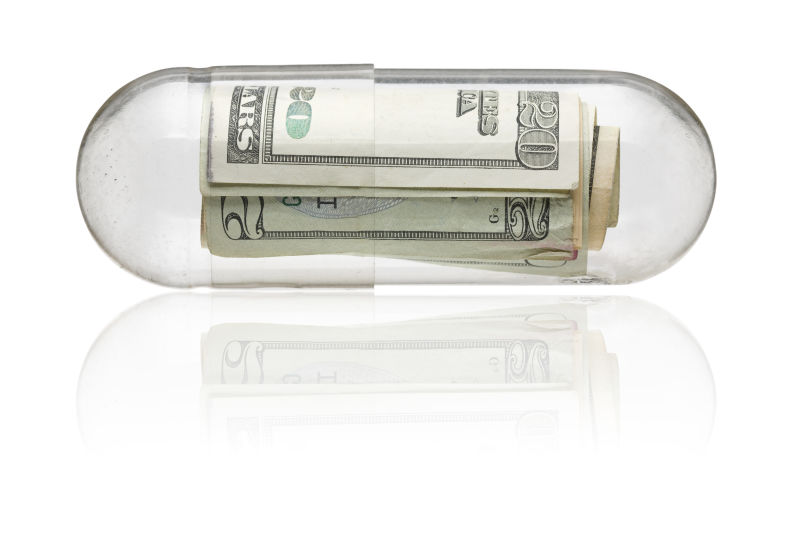With drug manufacturers charging $1,000 a pill for hepatitis C treatments and raising the price of a longstanding HIV medication 5,000 percent, state lawmakers hope to revive a bill that would demystify prescription drug costs.
Assembly Bill 463 would require pharmaceutical companies to report production and marketing costs associated with any drug treatment priced at $10,000 or more. The bill, called the Pharmaceutical Cost Transparency Act, was initially introduced last February, but floundered in the Legislature. Now the authors are hoping the growing outcry in the last six months over drug prices will help garner new supporters.
“Discontent with drug prices has reached a real breaking point,” said Assemblyman David Chiu, D-San Francisco, author of the bill. “Skyrocketing drug prices are gouging consumers, are costing government billions of dollars, are hitting at the bottom lines of businesses. And this is significantly impacting our health care costs.”
Specifically, the bill would require drug makers to report:
- Profits attributed to the drug
- Costs associated with clinical drug trials, research and development, and manufacturing
- Government grants that supported research
- Marketing and advertising
“I think sunlight on costs will help control costs,” Chiu says. “The data that we do know of, suggests that many of these companies are spending billions of dollars marketing and advertising their drugs, and not as much as they suggest on research and development.”
